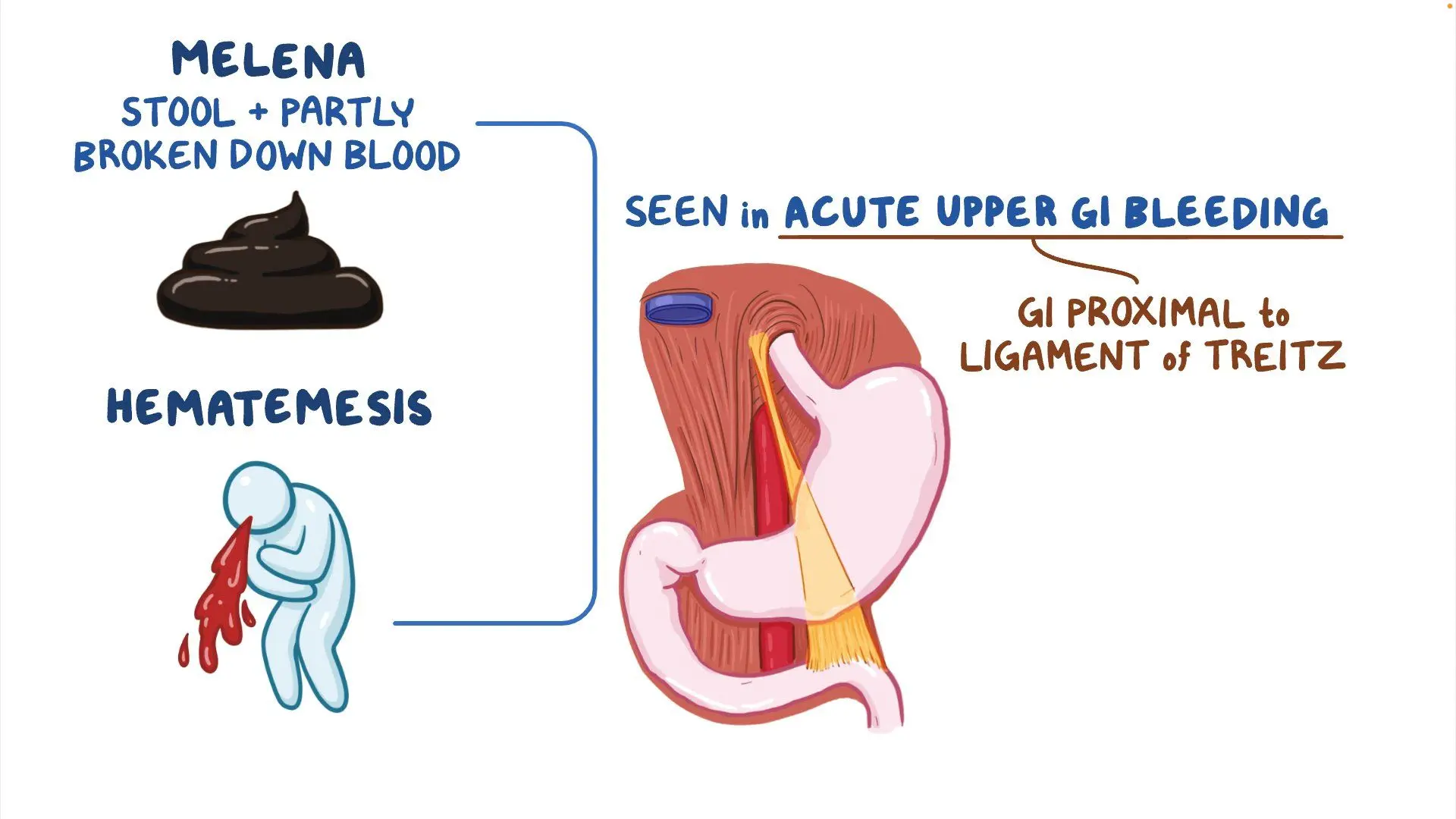
Understanding Bloody Vomit: Causes, Symptoms, and Urgent Care
Bloody vomit, medically known as hematemesis, is a significant health concern characterized by the presence of blood mixed with vomit. This condition can stem from various causes, ranging from gastrointestinal issues to more severe health problems. Dr. Ali Taj provides comprehensive insights into the causes, symptoms, and urgency of seeking medical care for bloody vomit or hematemesis.
What Causes Bloody Vomit?
The causes of bloody vomit can vary from mild to severe health conditions. Common causes include gastroesophageal conditions like severe heartburn, ulcers, or gastritis. Other potential causes are more serious, such as internal bleeding, esophageal varices, or stomach cancer. Additionally, external factors like excessive alcohol consumption (bloody vomit alcohol) or intense coughing (blood vomit while coughing) can also result in bloody vomit.
Recognizing the Symptoms
Alongside bloody vomit, individuals may experience additional symptoms such as abdominal pain, dizziness, or fainting, indicating a significant loss of blood. Symptoms like blood in mucus after throwing up, bloody nose after vomiting, or coughing and throwing up blood should not be ignored, as they could signify underlying health issues.
When to Seek Medical Attention
Immediate medical attention is crucial when experiencing bloody vomit, especially when accompanied by symptoms like bloody mucus in vomit, abdominal pain throwing up blood, or signs of shock. The medical term for throwing up blood, hematemesis, signifies a potential emergency, warranting urgent care to prevent severe complications.
Diagnostic and Treatment Options
Medical professionals employ various diagnostic tools, including endoscopy, to identify the cause of bloody vomit. Treatment varies based on the underlying condition and may range from medication for minor issues to surgery for more severe cases. Understanding the causes of vomiting up blood can aid in prompt and effective treatment.
Preventing Bloody Vomit
Preventative measures include maintaining a healthy lifestyle, avoiding excessive alcohol consumption, and managing stress. Regular medical check-ups can also help detect and treat potential causes before they lead to bloody vomit.
Conclusion
Bloody vomit is a serious condition that requires immediate medical intervention. Recognizing the symptoms and understanding the potential causes are critical steps toward ensuring prompt treatment and recovery. If you or someone you know is experiencing symptoms associated with bloody vomit, seek medical attention immediately.
Disclaimer: This blog post is for informational purposes only and should not be taken as medical advice. Consult with your healthcare provider for personalized medical recommendations.
